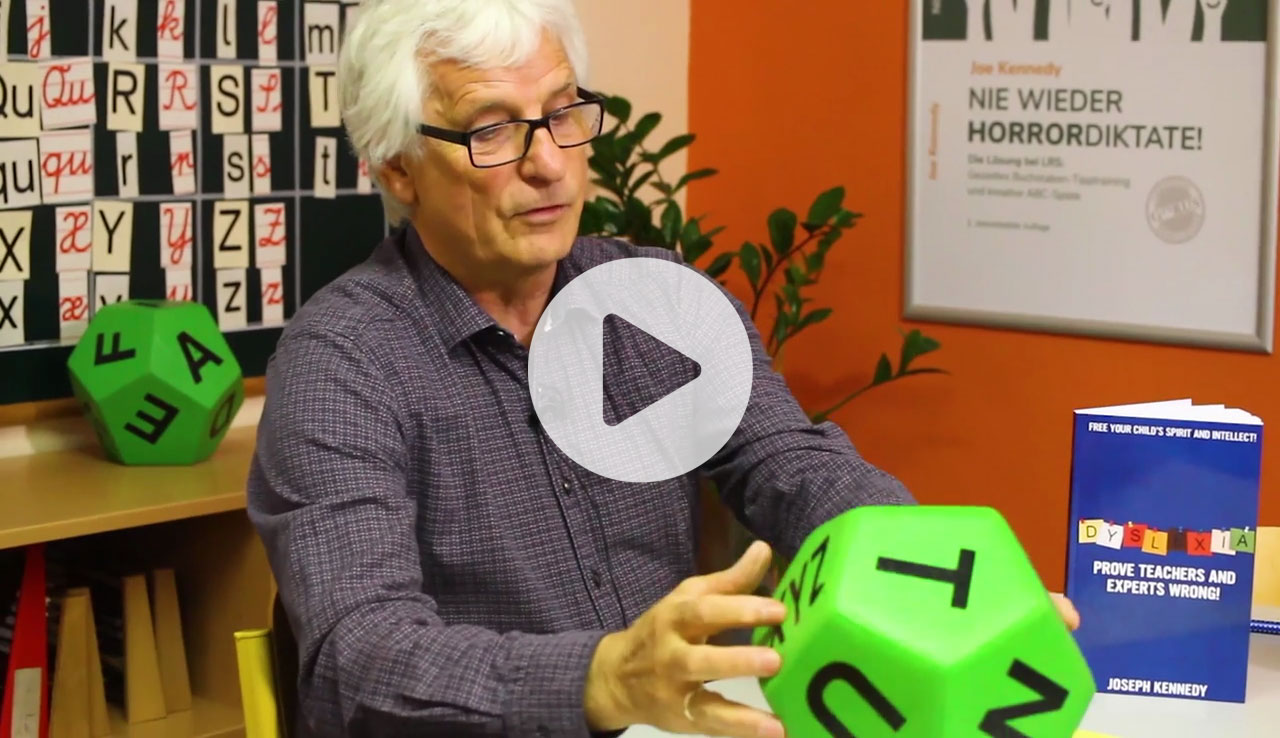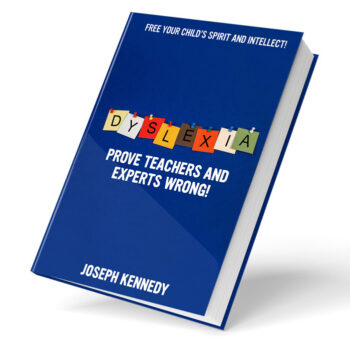According to the Yale University Center for Dyslexia 20% of all students are affected by a reading and/or spelling disability. If you examine this phenomenon for people who are trapped in poverty, the score rises to 75%. Arguably, lower income groups are the result and not the cause of learning disabilities which schools have failed to address.1,2
These findings are further underscored by the results of an NAEP (National Assessment of Educational Progress) survey of reading ability: in 2019 only 35% of students were at or above “proficient” in reading.3
Moreover, in spelling only „27% of all 8th- and 12th-graders are at or above proficient in writing.” In other words: 73% of all teenage students, after many years of schooling, cannot write and spell competently. This is a declaration of educational bankruptcy – and these miserable results were “achieved” in spite of using computers with spell checking functions! I am doubtful that these outcomes have improved since NAEP’s last survey in 2011.4
Superficially, they have. According to Margaret Raymond Distinguished Research Fellow of The Hoover Institution, High School grades rates have since risen by 6%. However, Ms Raymond reports these improvements are due to the lowering of academic standards and reports that many are ill prepared for the world of work and that there are huge remedial problems among students at university.5
These students may not learn to read fluently and spell correctly – but they do perceive that they are not making their mark commiserate to the amount of work they are investing – all too painfully. Much to the distress of their parents and teachers who are often desperately searching for a solution to unlock the conundrum of widespread reading and spelling disabilities.
Experts such as Ms Raymond demand a return to academic rigour in assessing students‘ work. Thus, a vicious circle would come about of raising standards and leaving 20% of all students behind – again.
Charter schools are particularly affected by this dilemma, for their clientele often comes from classic poorer communities. However, these schools are achieving remarkable results through sheer grit, ability and determination, albeit at a high price. Teachers, parents and children are constantly involved in practicing reading, spelling, arithmetic and even more reading – day and night.
This rigorous training has caused endless criticism from educational specialists such as Diane Ravitch, who have no other proven remedies to offer – unfortunately.
I contend that at the end of the day (or night) the results in English that Charter Schools achieve may be good, on paper! The bottom line is that too many children still do not, of their own volition, read books ‘fluently’ and avidly for pleasure.
Regarding spelling: in contrast to reading training, whereby the students are taught to analyse texts and excavate the facts for their meaning, the inability to spell reliably remains virtually unchanged. These deficits are reflected in the Success Academy’s ELA exam results 2019 – in spite of questionable grading criteria.6
These realities are mirrored in the high student failure rate in the first year of university. In the United States, similar to Germany, which is following suit (!), the overall dropout rate for undergraduate college students is 40%, with approximately 30% of college freshman giving up before their sophomore year. Of the low-income groups, sadly only 12% finished their course within six years.7
Many endangered students resort to private tutoring and indeed their former charter school such as KIPP, may well support them additionally via their ‘KIPP through College” program.8
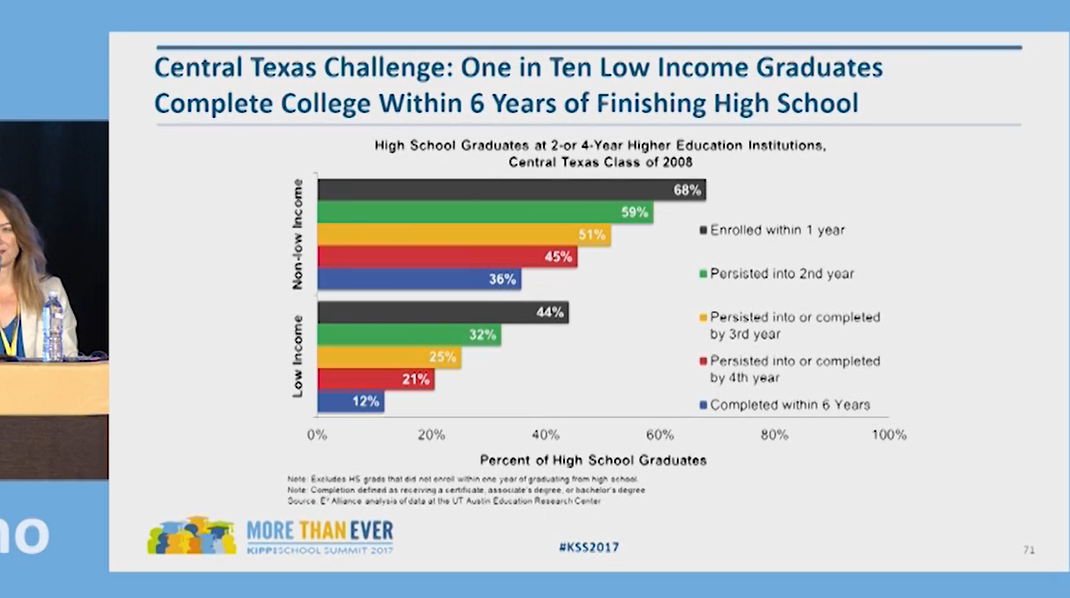
It is not only colleges and universities who have to deal with this state of affairs but also prospective employers.
Back to school: in my Kennedy-School Tuttlingen a private after-school tutorial school in Germany, we faced the same challenges. In 1991 reading, and spelling in particular, was strictly graded and played an important role for recommendation to a higher secondary school. So, for all involved, the pressure was intense!
After a long search and many trials and tribulations, we finally solved this problem.
Together with the neurologist and child psychiatrist Dr Fritz Held we developed courses whereby the children acquired the ability to neurologically process letters automatically and reliably – be it in reading or spelling. As a qualified trainer in adult education, I set about re-training my teaching staff which, thanks to the simplicity of the methodology, took very little time.9
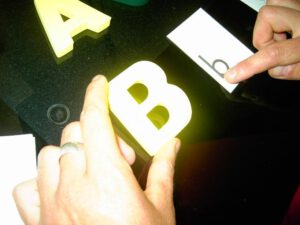
Results: after 12 months 93% of the students improved 3 grades on average in unpracticed dictation. With regard to reading: 83% of the parents reported that their children were reading books voluntarily and understood the content. We accomplished similar results in foreign languages.
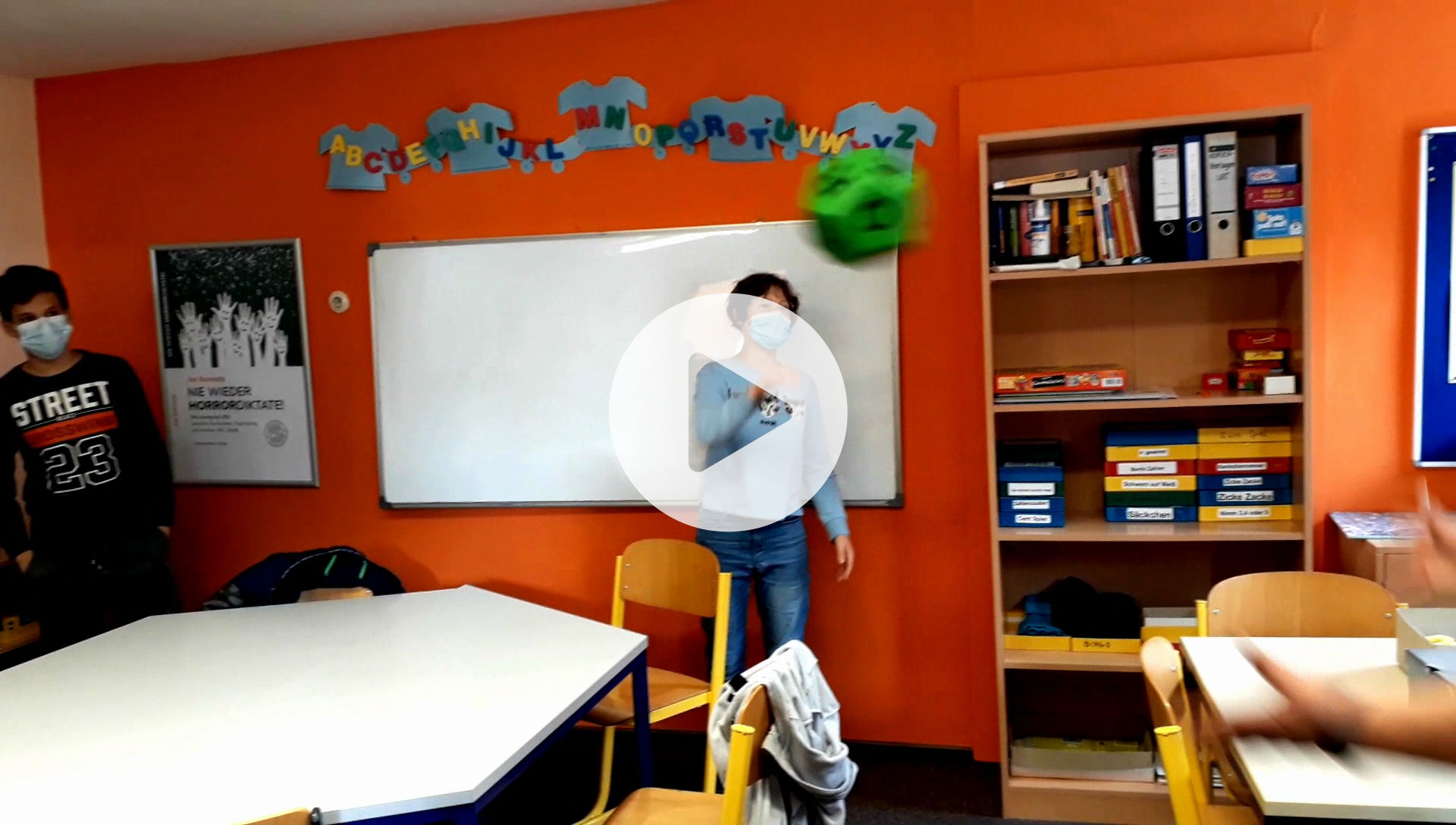
All this was achieved through playing simple letter-games in groups of up to 8 students on a regular basis for one year. The state-schools we have since worked together with achieved (very) good results working with whole classes. Please note students visit the Kennedy-School once or twice a week for 90 minutes.
“The fact is the sweetest dream that labor knows.”
Robert Frost.
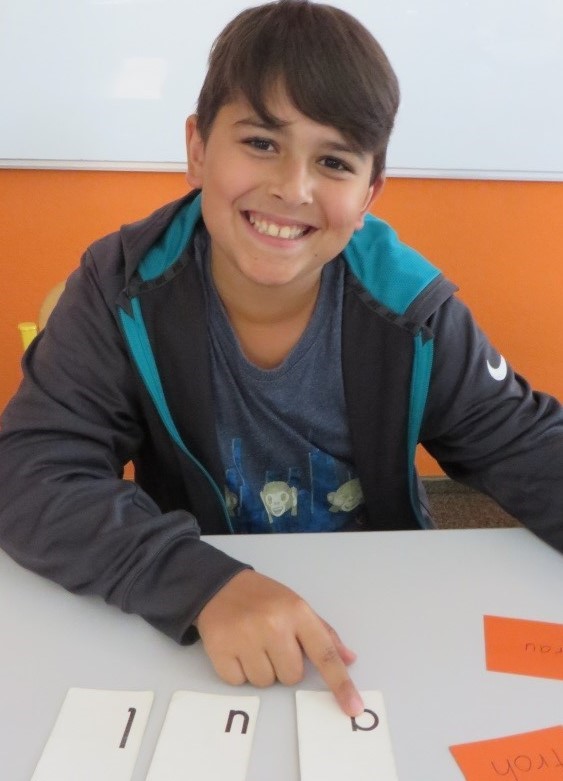
- specialneedsresorceblog.com, https://www.dyslexiacenterofutah.org/Statistics
- “The Founders” by R. Whitmire quotes Atkins & Verilli, founders of The North Star, ‘The New York district sent them 5th graders, none of which could read’. ‘The Founders: Inside the Revolution to Invent and Reinvent America’s Best Charter Schools’. Kindle Edition.
- https://www.nationsreportcard.gov/highlights/reading/2019
- https://www.nationsreportcard.gov/subject/writing_2011
- https://www.educationnext.org/education-exchange-gap-between-high-school-graduation-college-preparedness/
- https://www.successacademies.org/results/
- https://educationdata.org/college-dropout-rates
- https://vimeo.com/showcase/4706318/video/228077662
- Cerebral physiological aspects of the reading-writing functions (Download PDF)
Please read the reviews of parents and experts here:
Relevant chapter in my book „Dyslexia Prove Teachers and Experts Wrong!“:
2
„A single brain region and a heap of letters“
Cerebral physiological aspects of the reading / writing functions. Dr Fritz Held, Neurologist & Child Psychiatrist

